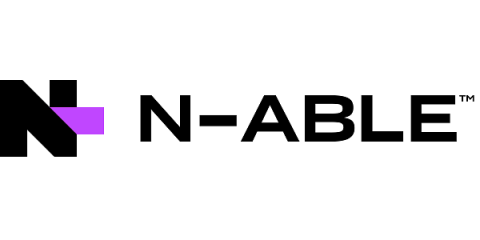Operations | Monitoring | ITSM | DevOps | Cloud
MSP
The latest News and Information on Managed Service Providers and related technologies.
Is babysitting backups destroying your employee retention?
Skilled technical people are the key to any MSP’s success and growth. In fact, data from Service Leadership shows the inability to get and keep such talent can be a top business risk for MSPs. It’s not surprising. These individuals are in high demand, and typically have their choice of where to work. The shocking thing is how often an MSP’s own process and technology choices impact their ability to attract and retain needed colleagues.
Use cyber-intelligence to expand cyber-services & increase differentiation
As MSPs expand their cybersecurity offerings, cyber-intelligence is an area that can help them improve protection for customers, generate additional revenue, and differentiate their services from the competition. However, when we talk to MSPs about cyber-intelligence, we often get the raised eyebrow. This reaction is driven by many factors. One of which is the nebulous meaning of cyber-intelligence—what is it really?
Adding Mac support, part 1: I've never used a Mac, and now I need to manage them
Being in IT can sometimes feel a bit like being a doctor—you’re often called upon to give people the bad news that their beloved computer isn’t going to make it. Other times, people think you’ve performed a miracle just by doing your job and saving their data. Then, there’s the Thanksgiving problem, where any time you’re at a family gathering, you get cornered by a relative wanting to talk about their tech problems, regardless of your actual area of expertise.
Update on the Nobelium APT Attack Group
If you’re like me, you started your week by reading the Microsoft blog about Nobelium, an advanced-persistent-threat (APT) group that was actively targeting cloud service providers (CSPs) and managed services provider (MSPs) in a recent wave of supply chain attacks. Personally, I wasn’t terribly surprised. We all know by now that MSPs have a bullseye on them for adversaries wishing to target the supply chain. What’s different about this attack is the motive.
Why cybersecurity should be your top priority as an MSP
The new year is just around the corner, meaning we’ll be ringing in 2022 before we know it. So how did your MSP fair in 2021? Did you achieve the sales and revenue goals you set? Net new customer acquisition continues to be the #1 challenge facing MSPs today. And because most businesses already have an MSP they are using, the struggle is real. So the test becomes, how can I set myself apart?
DNS filtering: What is it and why do companies use it?
The Domain Name System (DNS) makes it possible for users to access websites using domain names, like wikipedia.org, in place of nine-digit IP addresses. Due to its ubiquitous nature, DNS can be used to block access to selected websites, which is commonly known as DNS filtering. Many companies see security and productivity benefits from implementing this strategy where appropriate. Read on as we explore some of the key details around how DNS filtering works and how it can be beneficial.
How N-able can be your security partner
First, welcome to the new security resource center for N-able. We’re excited to have an area where we can share security-related information with our partners. I’m Dave MacKinnon, chief security officer for N-able, and my role, simply put, is to ensure that we keep our organization, our partners, and their customers’ data safe.
Our friends were hit by an impossible cyberstorm. It's time we all change.
A common cliché in cybersecurity is, it’s not a question of if you get attacked, but when. We witnessed this firsthand when our former parent company was part of a major attack last year. While N-able products weren’t affected, it was difficult to watch friends and colleagues deal with the aftermath of an event of that magnitude.
OpsRamp, TietoEVRY Partner to Speed AIOps Adoption in Nordics
Managed service providers have to manage complex and diverse customer environments that typically include hybrid infrastructure and multiple monitoring feeds. They need to be able to discover and monitor these environments, correlate alerts from multiple systems into single events, and map business services to the infrastructure and application services that support them, building customer-centric dashboards for real-time service and application health in the process.











